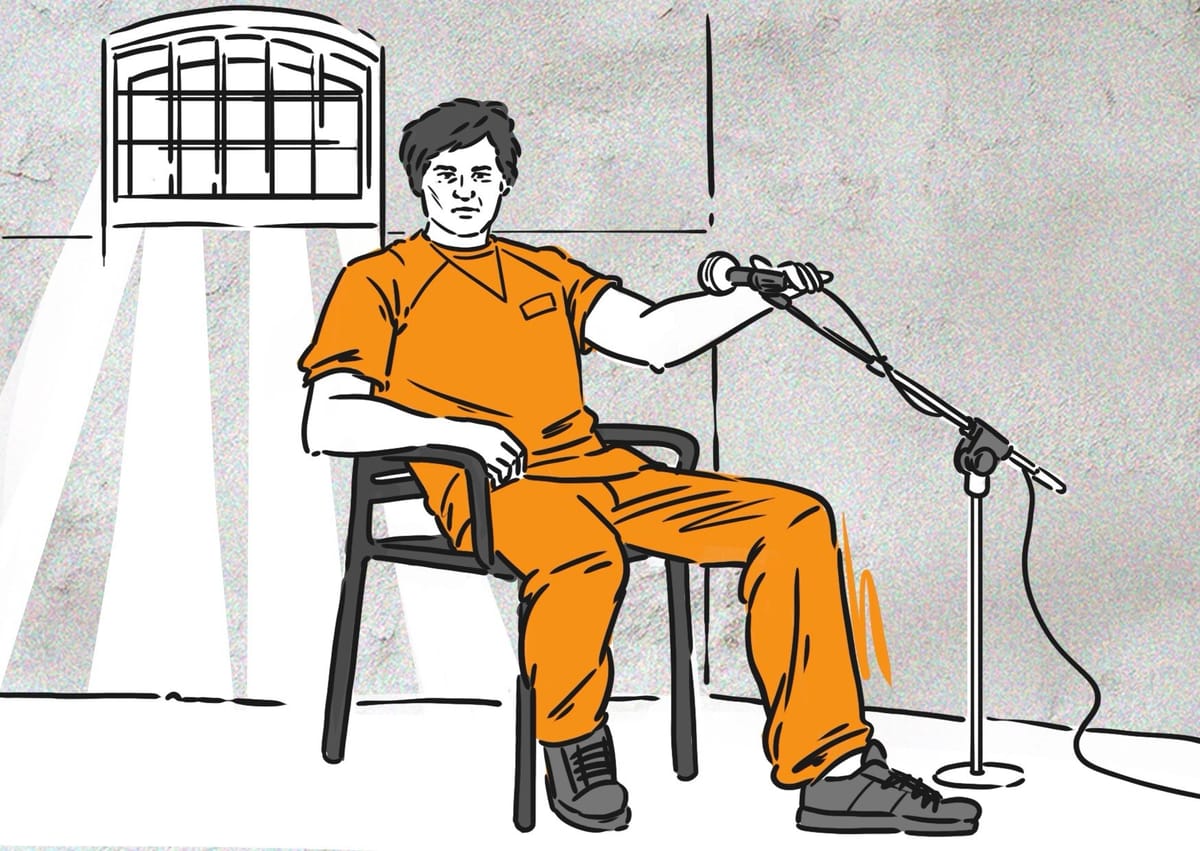
Sam Bankman-Fried recently had his first interview from the Metropolitan Detention Center in Brooklyn with journalist William D. Cohan. This wasn’t their first meeting; they initially spoke back in December 2021 when Bankman-Fried was at the height of his influence. Interestingly, Cohan said Bankman-Fried looked noticeably healthier and more composed now than in their earlier meetings.
During the interview, Bankman-Fried shared that he struggled with the food in the detention center. He particularly disliked the vegan options, which he found “unsurprisingly inedible,” and has resorted to a basic diet of rice and beans.
Life in prison has been a significant adjustment: he now shares a dormitory with 35 men and has very little privacy. His entertainment options are limited to a few community televisions and a tablet for movies and simple video games, with no access to the internet. Bankman-Fried said he prefers using the tablet over watching TV.
When discussing the events leading up to his current circumstances, Bankman-Fried seemed regretful but was not fully apologetic. He believes he was unfairly made the scapegoat when FTX was failing.
In early November 2022, in the midst of a cash crunch, he first tried to secure a deal with Binance, which fell through. Following this, on the advice of his lawyers, he handed over leadership to John J. Ray III. Soon after, the new leadership filed for bankruptcy, which Bankman-Fried considers a premature move. He asserted that if he had stayed in charge, FTX would still be thriving and valued at around $80 billion today.
Bankman-Fried also reflected on his decision to appoint Caroline Ellison to lead Alameda, the hedge fund connected to FTX. He admitted he should have tried harder to find someone else for the job, as Ellison was more skilled in managing people than making bold investment decisions.
Contrary to the charges of misusing FTX and Alameda assets, Bankman-Fried maintained his innocence, suggesting he was targeted unfairly in a situation akin to a bank run. He also questioned the rationale behind his prosecution when a negotiated settlement was not pursued.
Bankman-Fried regularly speaks with his new attorney to prepare for his upcoming appeal this fall. Despite facing long odds of success, he remains hopeful.
In March this year, Bankman-Fried was sentenced to 25 years in prison for cryptocurrency fraud and was ordered to forfeit $11 billion in assets. His sentence came with a recommendation for placement in a medium-security facility.

